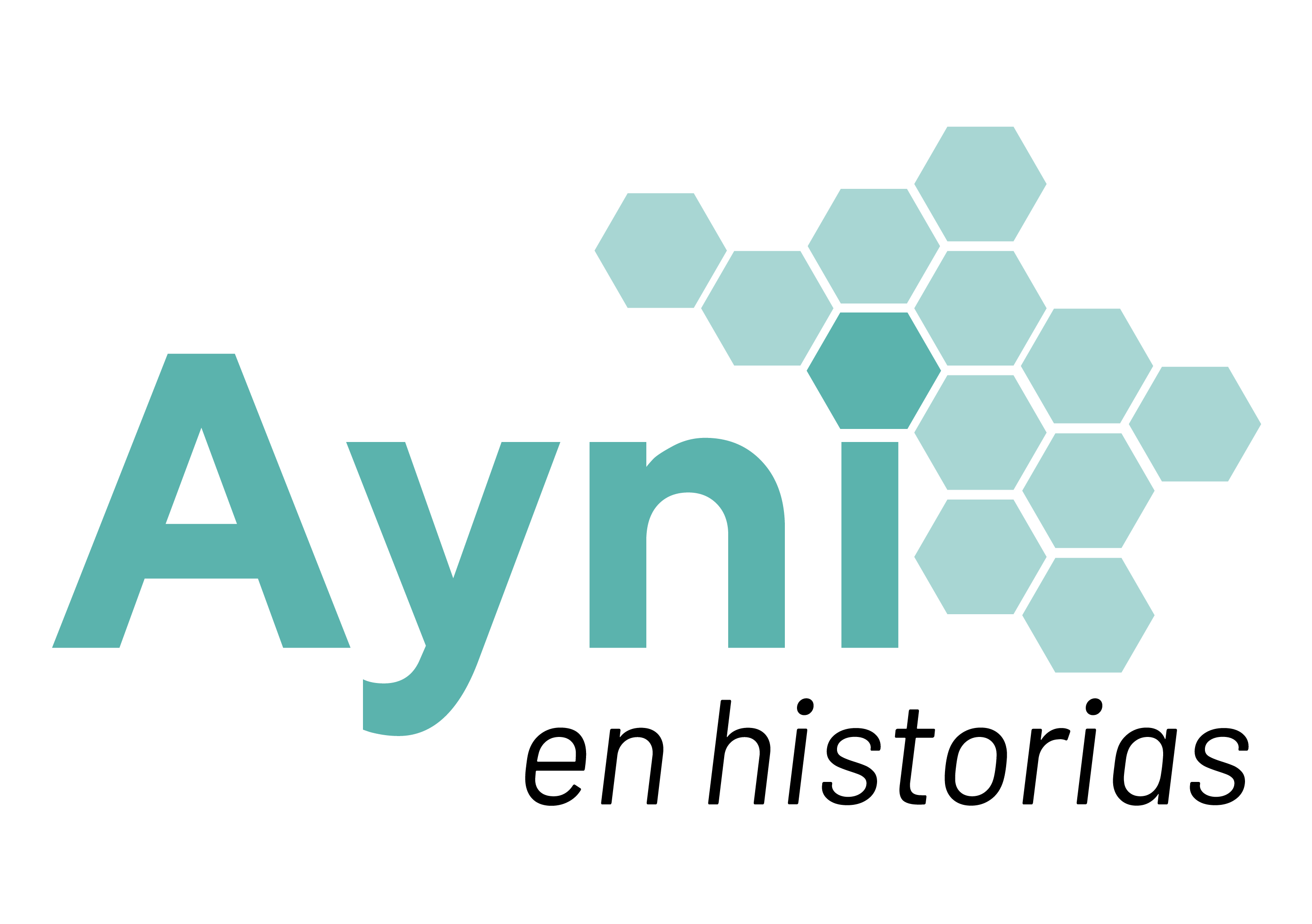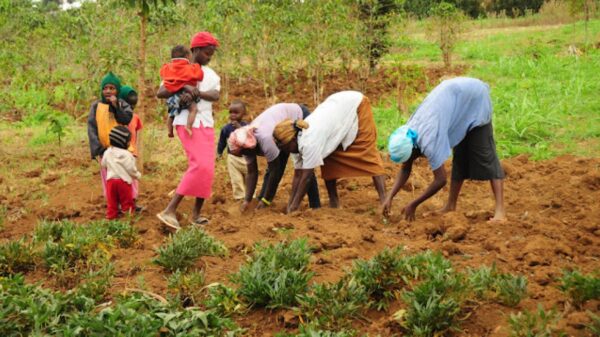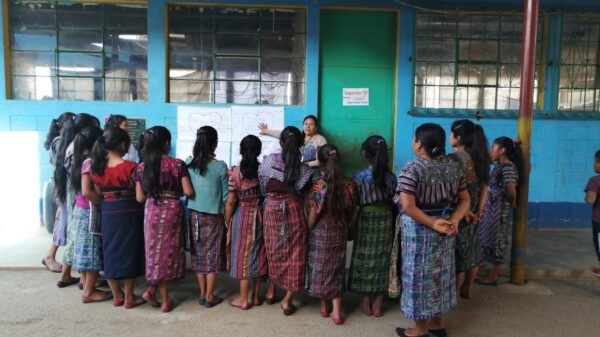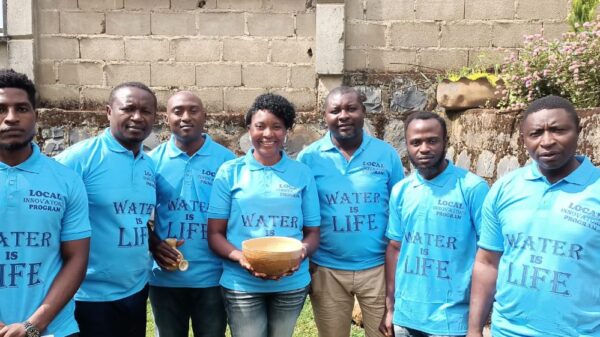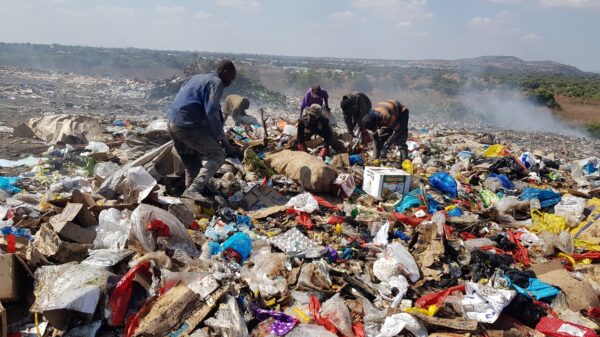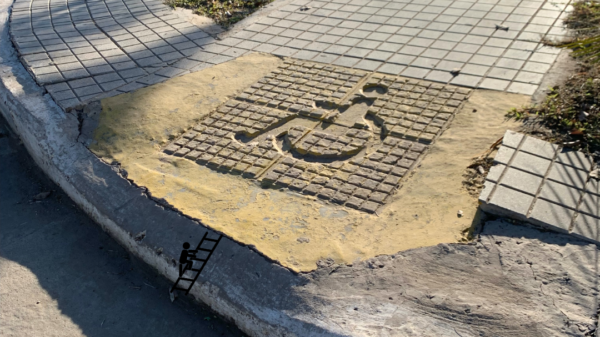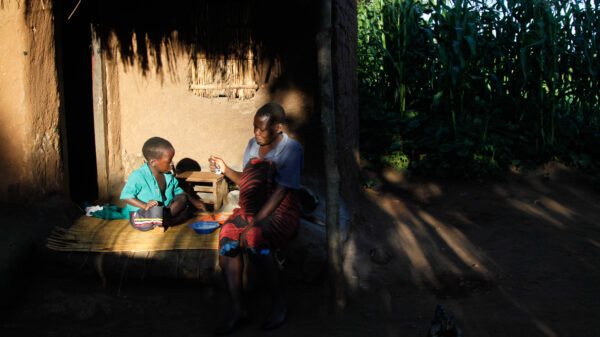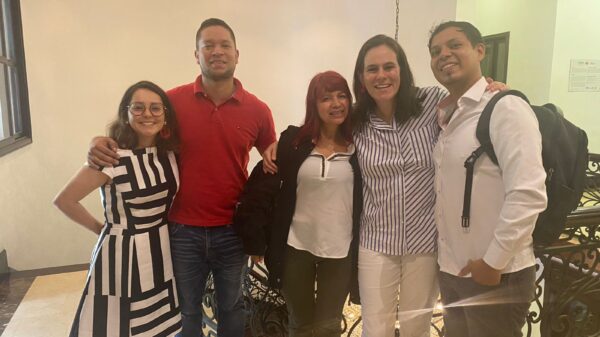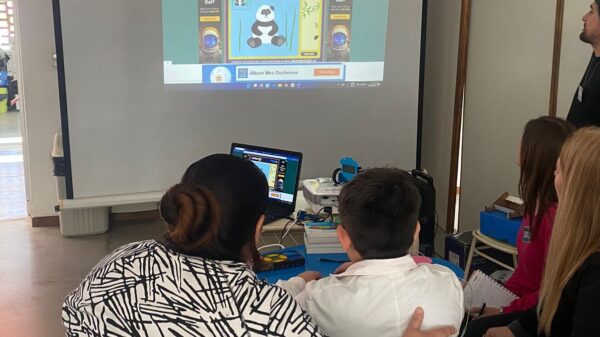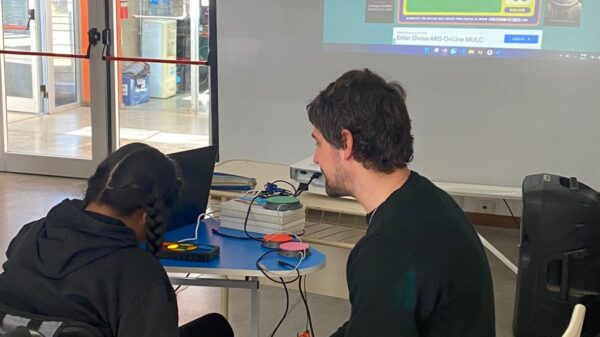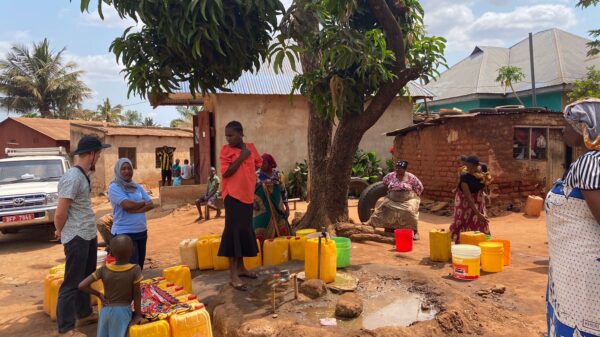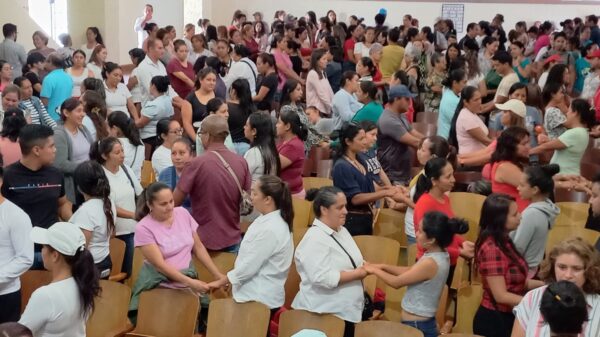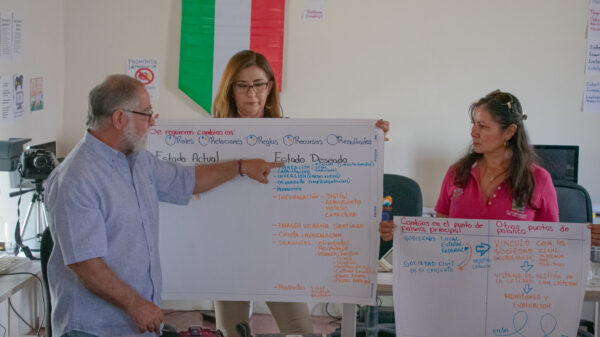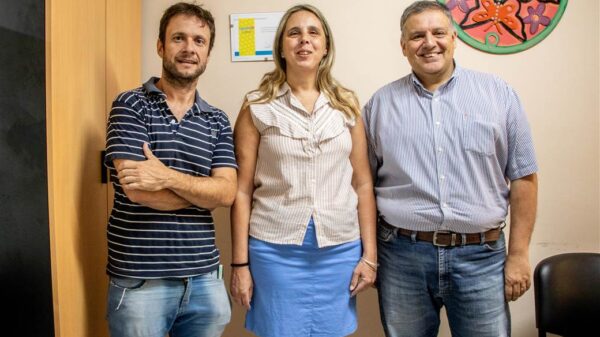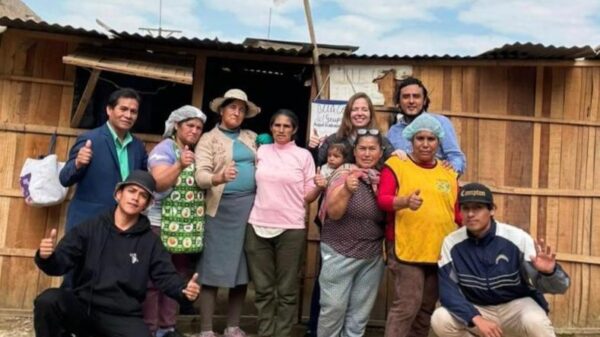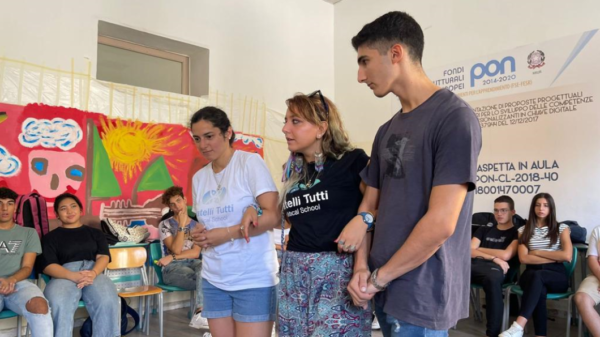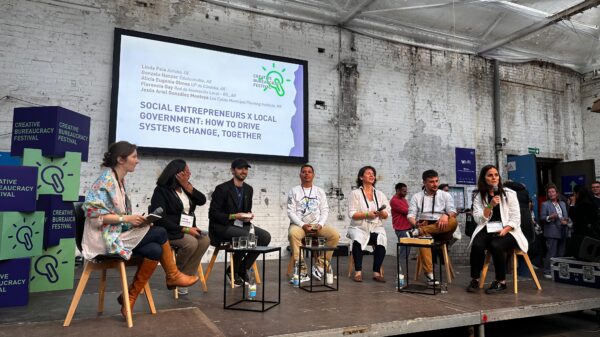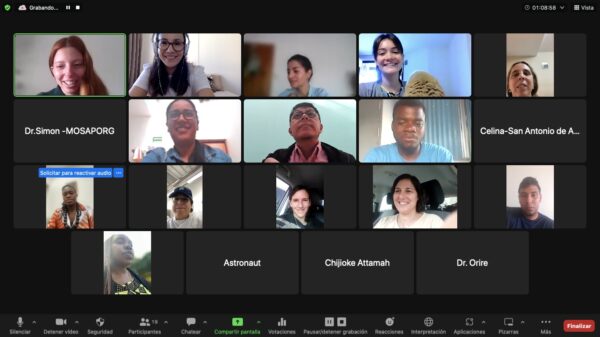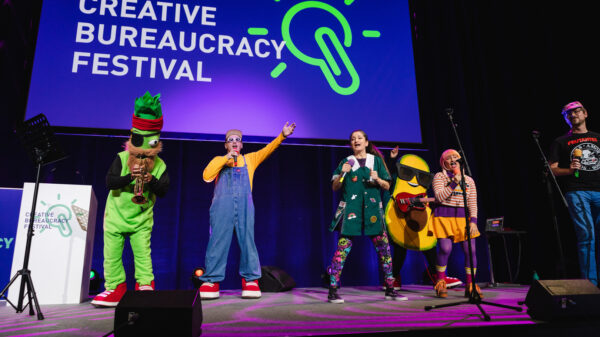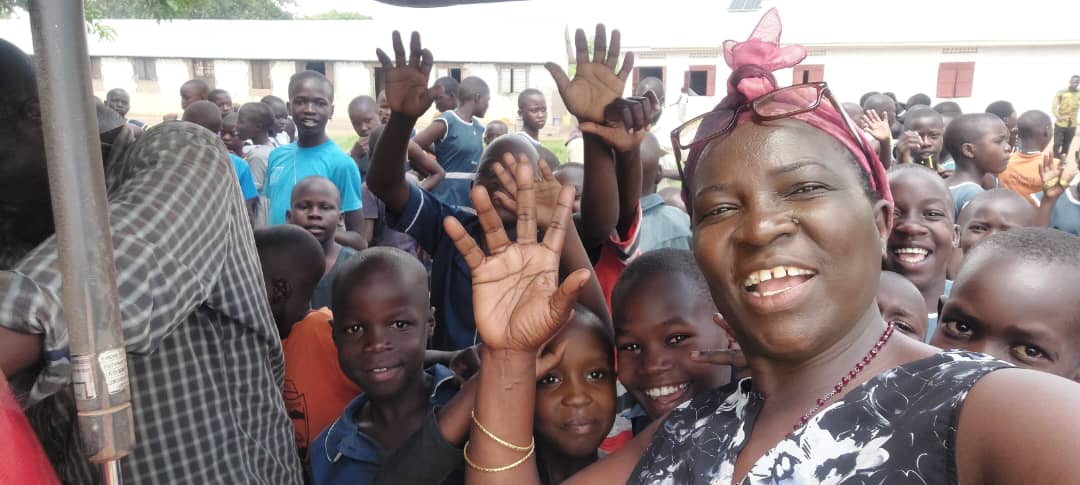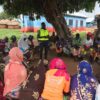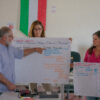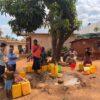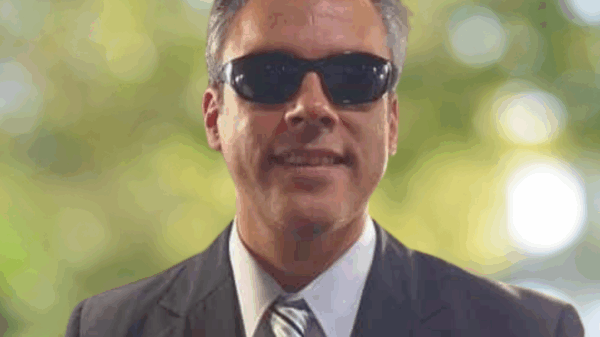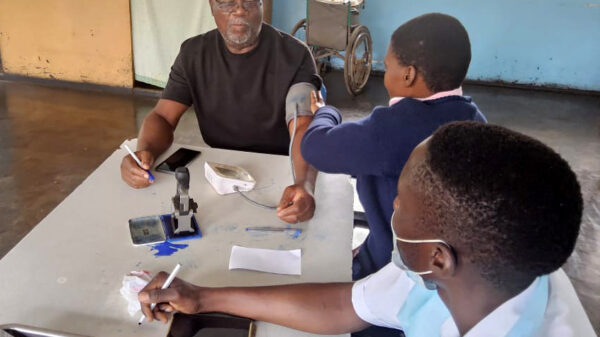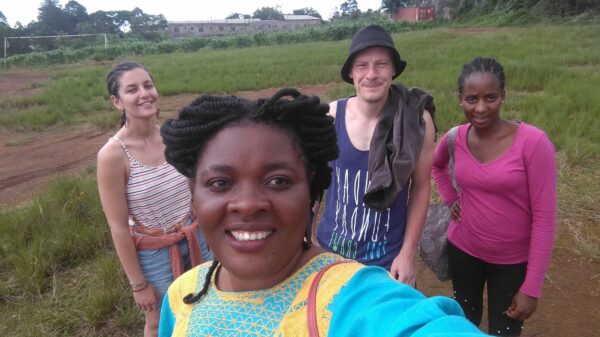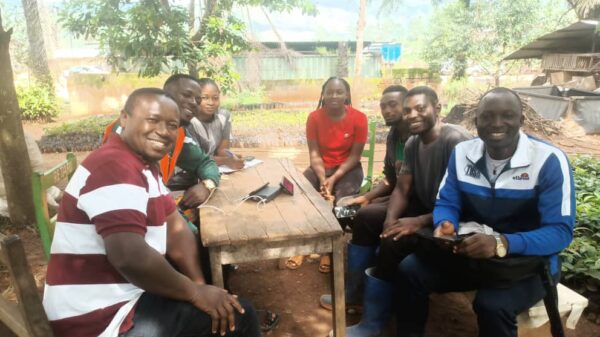Ann Grace Akiteng, a Local Innovators Program participant and Community weaver,is leading a women-centered initiative that integrates beekeeping, forest restoration, and community enterprise.
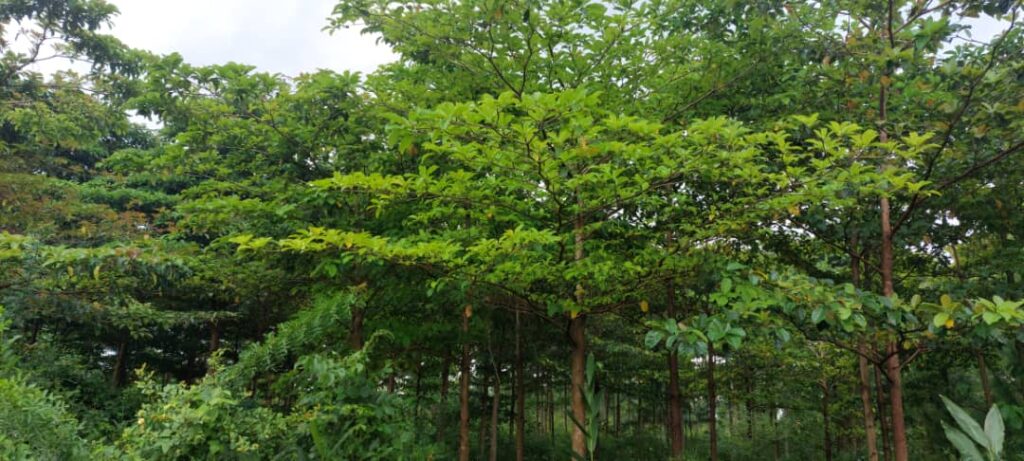
According to Global Forest Watch,Soroti had 2,570 hectares of natural forest in 2020, representing just 0.76% of its land area. By 2024, the district had lost 40 hectares of this forest, resulting in an estimated 18.3 kilotons of CO₂ emissions.
This loss is more than a number. It reflects the broader ecological degradation threatening ecosystems and livelihoods across Uganda’s Teso sub-region. Among the clearest signs of this impact is the steady decline in bee populations. Bees are vital pollinators—over 90% of flowering plants rely on them to reproduce. Without bees, crop yields fall, ecosystems weaken, and food insecurity rises. In Teso, bee decline is driven by a combination of factors, according to the Ngora District Entomology Office the most significant causes are: landscape degradation (37%), pesticide use (33.3%), limited knowledge (13%), theft (9.3%), and limited capital (3.7%).
These interrelated problems have led to reduced pollination, declining harvests, and lost income from honey and other bee products—exacerbating poverty, malnutrition, and environmental instability.
A Grassroots Response: Women at the Frontlines of Restoration
To reverse these trends, Ann Grace Akiteng, a Local Innovators Program participant and Community weaver,is leading a women-centered initiative that integrates beekeeping, forest restoration, and community enterprise. The project centers around a skilling and processing hub, where women beekeepers receive training and tools to sustainably manage hives, process honey and wax, and access markets. The project also includes the training of local apiary guides to provide extension services and support new adopters.
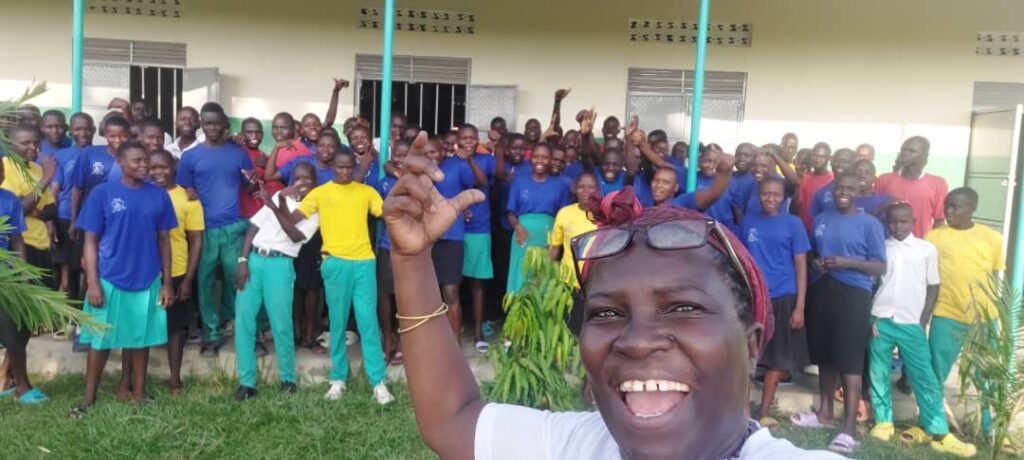
In 2017, Ann Grace and her team launched the Atigo Forest Reserve Restoration Initiative (AFRRI), a Collaborative Forest Management Association now composed of 17 tree grower groups with 530 community members. Under government allocation, they manage 47 hectares within Atigo Central Forest Reserve (938 ha total) and 14 hectares in Angutawele Central Forest Reserve (280 ha).
So far, the groups have established:
- 30 hectares of mixed-use trees in Atigo CFR
- 10 hectares of native medicinal and threatened species in Angutawele, now developed into an arboretum for conservation and education
To strengthen livelihoods, the coordinating organization CIFED, with support from the Food and Agriculture Organization (FAO), established a commercialization hub focused on sesame, poultry, and bee products. The results are promising:
- 60 women trained in poultry farming, now earning weekly income from egg sales
- Five beekeeping sites established, each with 20 hives, receiving regular extension support.
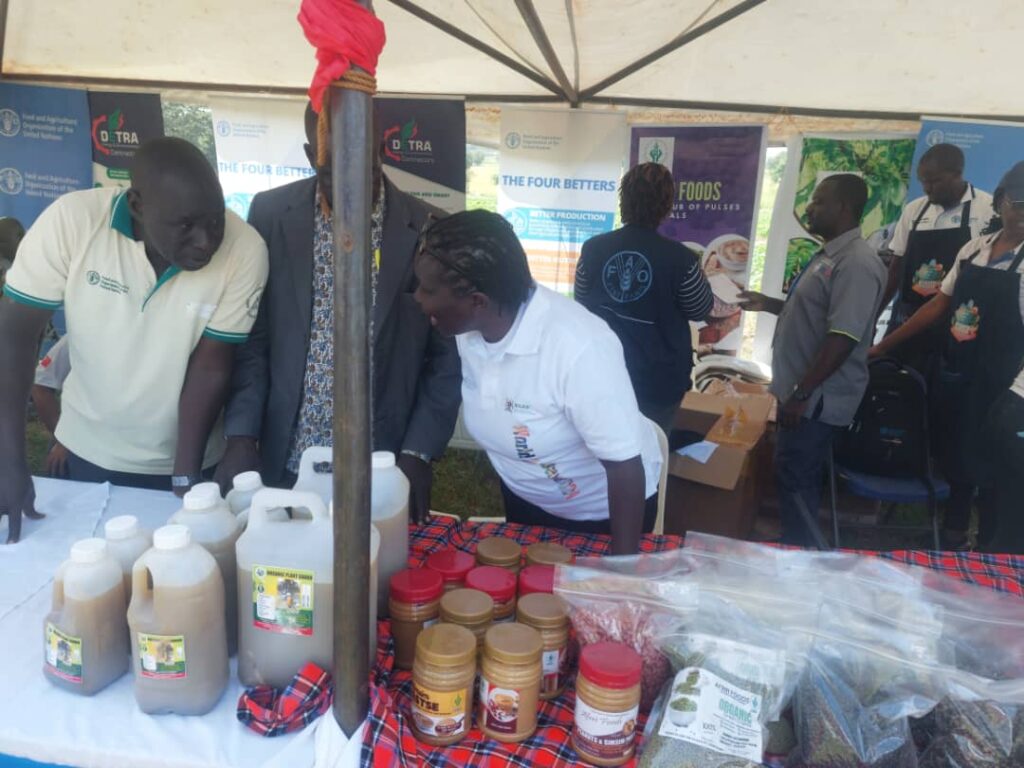
Challenges and Adaptive Solutions
The path has not been without resistance. Ann Grace notes that early efforts were met with skepticism.
"Some people said tree-growing was too expensive. Others didn’t see the point—they thought they’d die before benefiting."
Ann Grace Akiteng
Moreover, access to credit remains a barrier. Without collateral, smallholder farmers struggle to secure loans. Aggregation and bulk marketing—key to reaching higher-value markets—require trust and cooperation, which is hard-won in communities with histories of exploitation and mistrust.
To address this, the team integrated short-term income sources—like poultry and beekeeping—into tree-growing plans to provide early returns. They also helped build trust by promoting group savings and collaboration through Farmer Field Schools and local hatchery linkages. Through community dialogues and pilot projects, they gradually fostered collective ownership and resilience.
Ann Grace emphasizes that success has required more than just technical solutions—it’s also about mindset change, persistence, and trust-building.
Scaling Climate Action Through Local Leadership
Participation in programs like the Climate Reality Project has reaffirmed their path. “We now understand the importance of scaling what we’ve started to other communities in our region,” says Ann Grace. The program underscored the need for local solutions that combine climate mitigation (like reforestation) with adaptation (like diversified livelihoods), rooted in climate justice and community agency.
To grow their impact, the team is seeking:
- Enrollment in accelerator programs for capacity building
- Support from development partners and impact investors
- Strategic partnerships with like-minded organizations
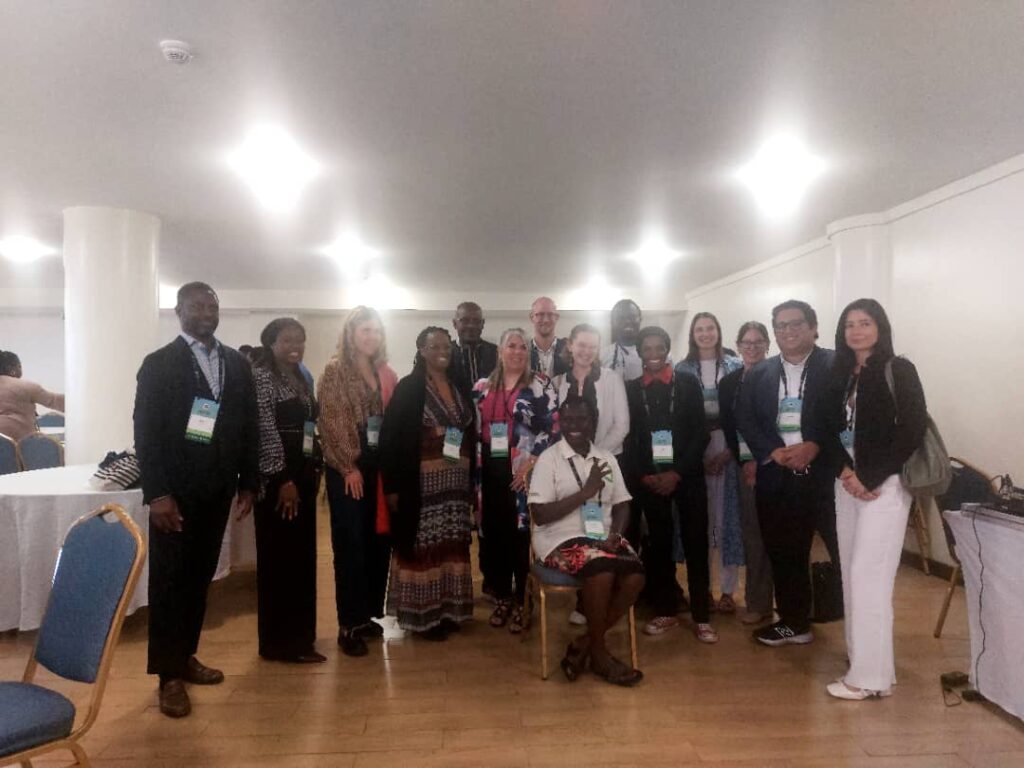
Lessons for Other Cities and Regions
This story offers valuable takeaways for other communities facing similar challenges:
- Problem-solution alignment: Restoration efforts are more likely to succeed when combined with income-generating activities that offer short-term incentives.
- Women’s leadership matters:When women lead, priorities often shift toward sustainability, care for future generations, and community cohesion.
- Community trust is essential:Past exploitation can undermine collaboration—restoration requires patient relationship-building.
- Support ecosystems are key:Partnerships, technical training, and access to finance are all critical enablers of long-term success.
A Message to Other Women Entrepreneurs
“Los emprendimientos enfocados en la mitigación del cambio climático, especialmente los que implican plantar árboles, no son fáciles”, dice Ann Grace. “A menudo no hay un flujo de caja inmediato. Las finanzas verdes rara vez llegan a nivel comunitario. Sin embargo, con paciencia, enfoque y determinación, las comunidades pueden restaurar tierras degradadas y proteger nuestro planeta”.
Ann Grace Akiteng
Her message is clear: real change is possible when local innovators are empowered to lead.
